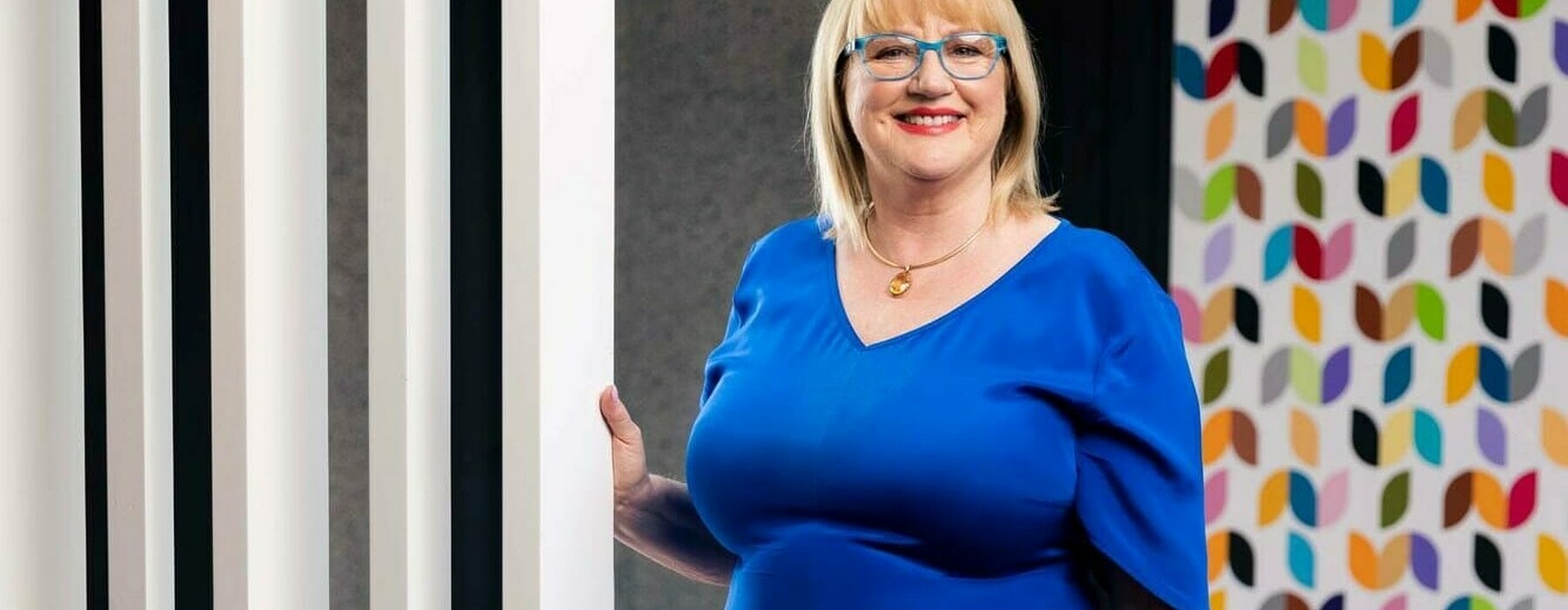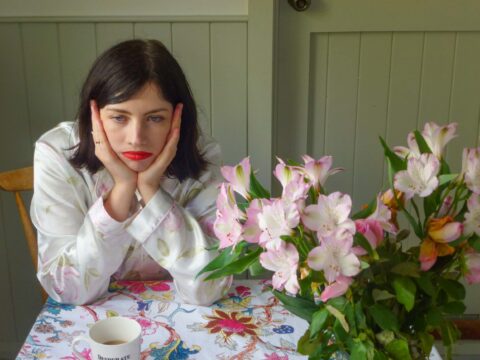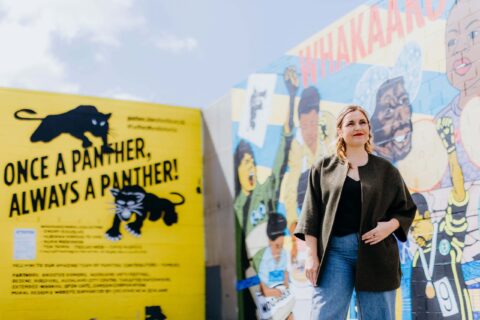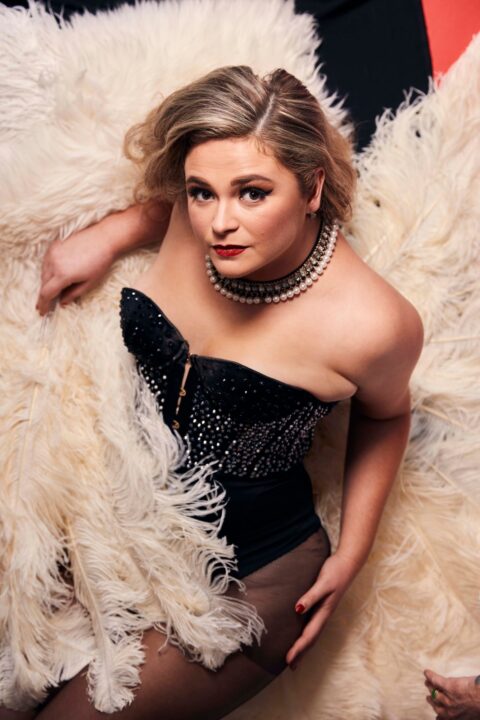One of New Zealand’s most accomplished female executives, Theresa Gattung shares her vision for a fairer future with Sophie Neville.
“I’m not very nice if I haven’t had my morning swim,” says Theresa Gattung, with a gleeful laugh. The Kiwi business legend is looking out her living room window at the heated swimming pool from which she’s recently emerged; her hair still wet after her daily 50 lengths, and her spirits high. Swimming, she says, keeps her on an even keel.
“It’s like coffee is for some people, I pretty much need it to function. I really struggle to get going without it actually, it oxygenates my brain.”
When it comes to caffeine, Theresa sticks with decaf.
“I’m wired enough,” she says, settling down to chat at her home in Auckland’s Westmere. She might be joking, but “wired” is exactly the right word for this indomitable 59-year-old, whose tireless energy, passion and enthusiasm has helped her climb the ranks as one of this country’s most accomplished and dedicated business leaders.
Since becoming CEO of Telecom at age 37, she’s continued on her trailblazing path, becoming a best-selling author, hugely successful entrepreneur, mentor, philanthropist and all-round champion for women and girls. Her world these days, she says, is viewed entirely through a “gender lens” – if a project doesn’t have a direct benefit to the sisterhood, then she won’t go near it.
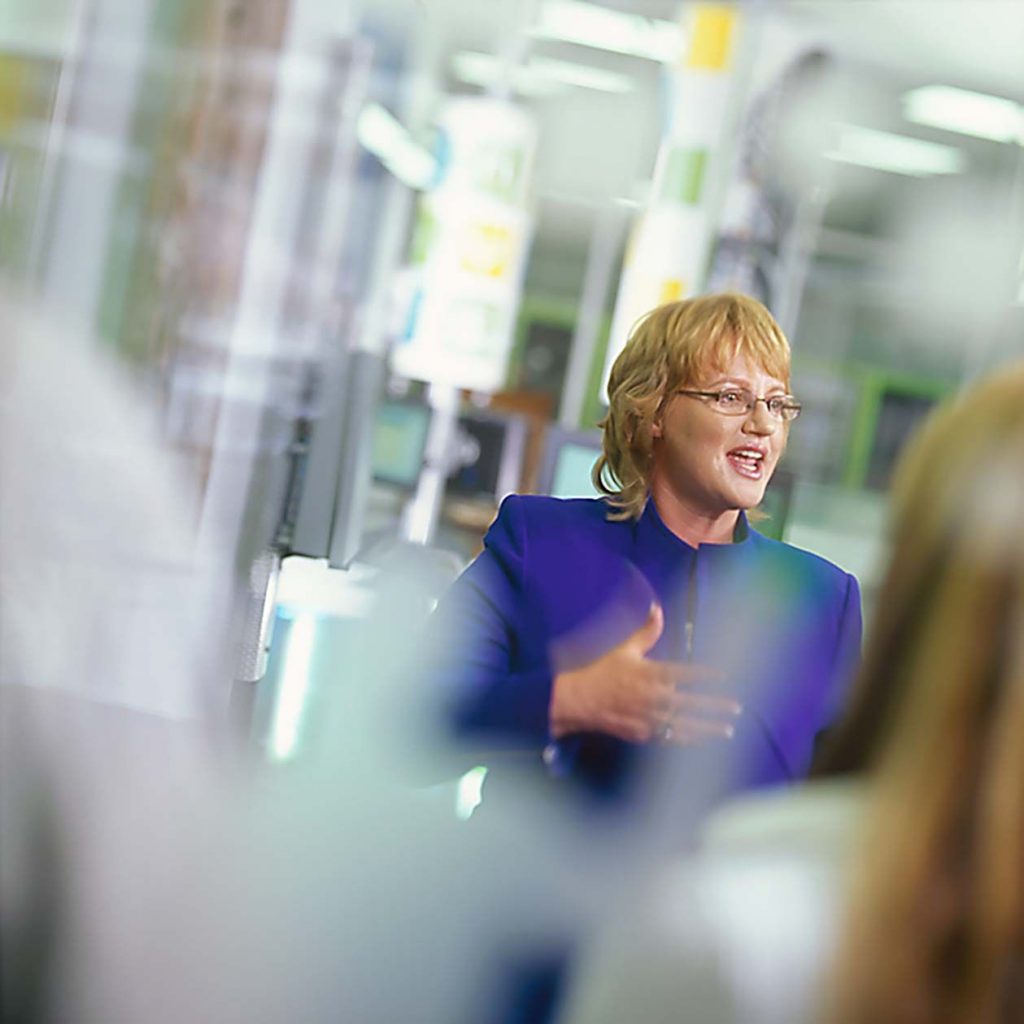
“That’s my kaupapa now, that’s my calling. Everything in my life has led me to this point. If it doesn’t directly help others, particularly women, then it’s not worth doing.”
It’s a viewpoint honed after decades at the forefront of New Zealand business – and when it comes to gender inequality, she’s seen it all. As a young woman in the ’80s, she was turned away from finance roles because of her gender, and now as an entrepreneur, she sees first-hand how much harder it is for women to secure funding to start businesses than men. Progress for women, she notes, has been far slower than she ever could have anticipated.
“There are still less than 30 percent of women on boards in New Zealand, there are not that many women CEOs or chairs, and only one or two companies where the chair and the CEO are both women,” she says. “It’s still not threatening to the men. The men are still controlling the money.”
We’re here today to talk about Theresa’s latest venture – the creation of an academic centre to foster women in entrepreneurship. The idea for the Theresa Gattung Chair for Women in Entrepreneurship programme, which will be run out of the University of Auckland, came about after the first Covid-19 lockdown in 2020, during which Theresa spent a lot of time wondering, “How can I make a profound difference?”
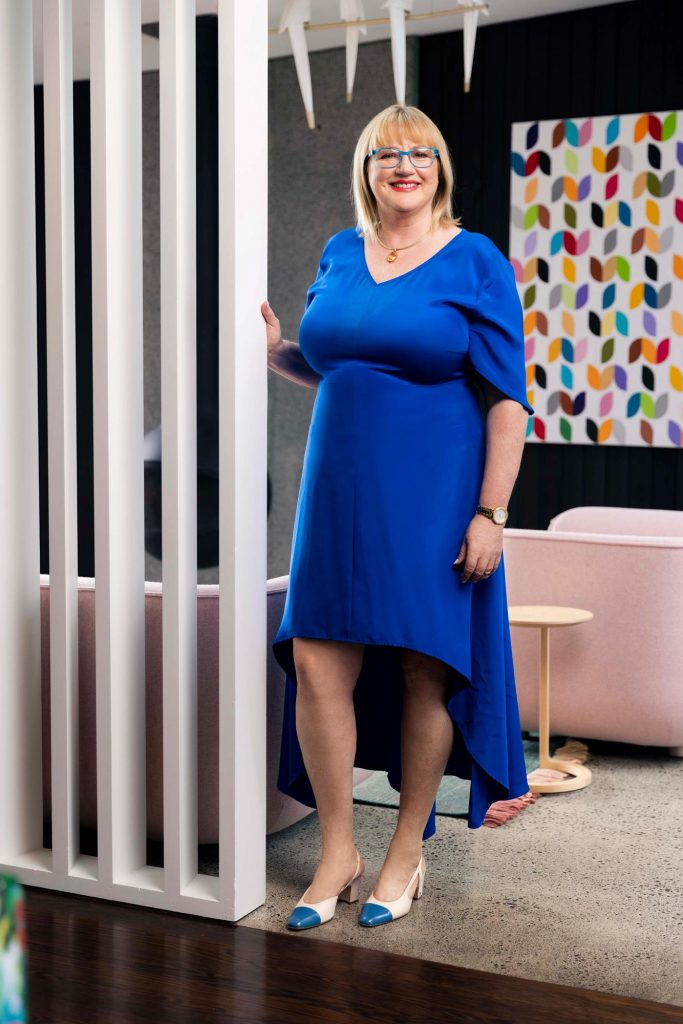
Living proof of what’s possible, Theresa is determined to see more women succeed in business.
She and the co-founders of My Food Bag recently sold their hugely successful meal-kit delivery business, and Theresa was looking for a way to give back. She wanted to do something groundbreaking and tangible to make a serious difference for women in business in this country.
“We all made a lot of money from My Food Bag, and I already had a good amount of money, so I spent a lot of time thinking about what I could do.
“Entrepreneurship is harder for women than men, that’s a fact, and so it was thinking about the reasons for that and what can be done to change it. We also need to close the gap in women’s understanding of entrepreneurship, and to develop pathways into successful businesses. I want this to be a place where research is done and where statistics are kept, because at the moment there’s nothing.
“It’s about creating this pipeline so that New Zealand really can be the best place in the world to be a woman entrepreneur.”
Glancing over at the shorthand notebook filling up before her eyes, Theresa says she briefly toyed with the idea of journalism as a young woman, but quickly realised there wasn’t enough money in it.
“That’s always been a driver for me,” she says unapologetically, adding that she has absolutely no problem talking about the thing many of us shy away from discussing. “Money isn’t bad,” she says. “It’s completely neutral – it’s what we choose to do with it that matters. I really do believe that money is supposed to be in circulation.”
Theresa has always been generous, donating money to animal and women’s charities since her first-ever pay cheque. When we meet, she’s just spent $50,000 funding the upgrade of two family rooms at the women’s health unit at Auckland City Hospital. She’s been a lifelong – and deeply involved – supporter of SPCA and, among other things, funds an annual Arts Foundation prize of $25,000 for female art practitioners. She is a firm believer that if women had greater control of the world’s finances, we’d be in a far better place.
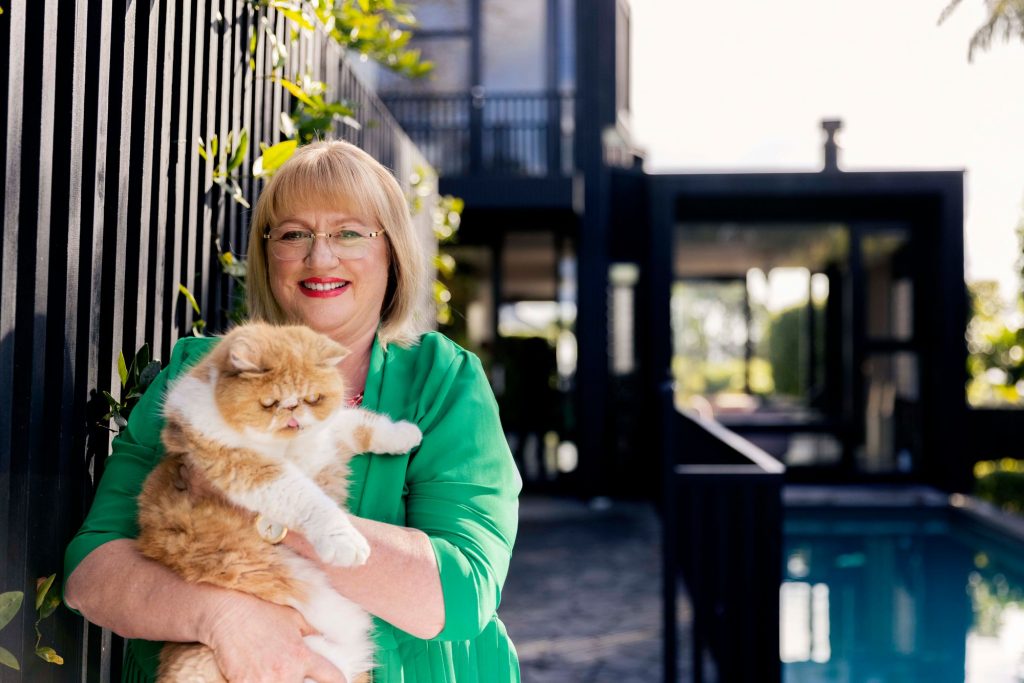
“We have an obscene situation in the world where it’s something like the 10 wealthiest men on the planet control a huge part of the resources. If there were more women in power, controlling the money, it would not be like that. We’d be going, ‘How do we make this place better for all of us?’”
Theresa, who was recently announced as the new chair of Global Women, a group committed to furthering diversity in leadership, also leads SheEO, an international organisation for women entrepreneurs. She brought it to New Zealand after hearing its Canadian founder Vicki Saunders speak.
“This is its fourth year. We’ve had 720 women create a fund of a million dollars lent out to female-led ventures and then the money comes back to fund another business. And those businesses are going gangbusters.”
It’s something she’s incredibly proud of, especially as the ventures must be doing something towards the “world’s to-do list”.
“I do believe one of the reasons I’ve been so fortunate in life is because I’m constantly trying to give back, trying to reciprocate in areas that I’m passionate about. And I’ve always been passionate about helping other women.
“It comes from being an elder sister, I think.”
Theresa speaks a lot about her family background, crediting her hardworking, Catholic upbringing for how far she’s come. Her parents – mum Marion, who lives next door at Waihi Beach, and dad John, who sadly passed away last year – moved to Rotorua from England in the early 1960s, determined to give their future children the best start in life.
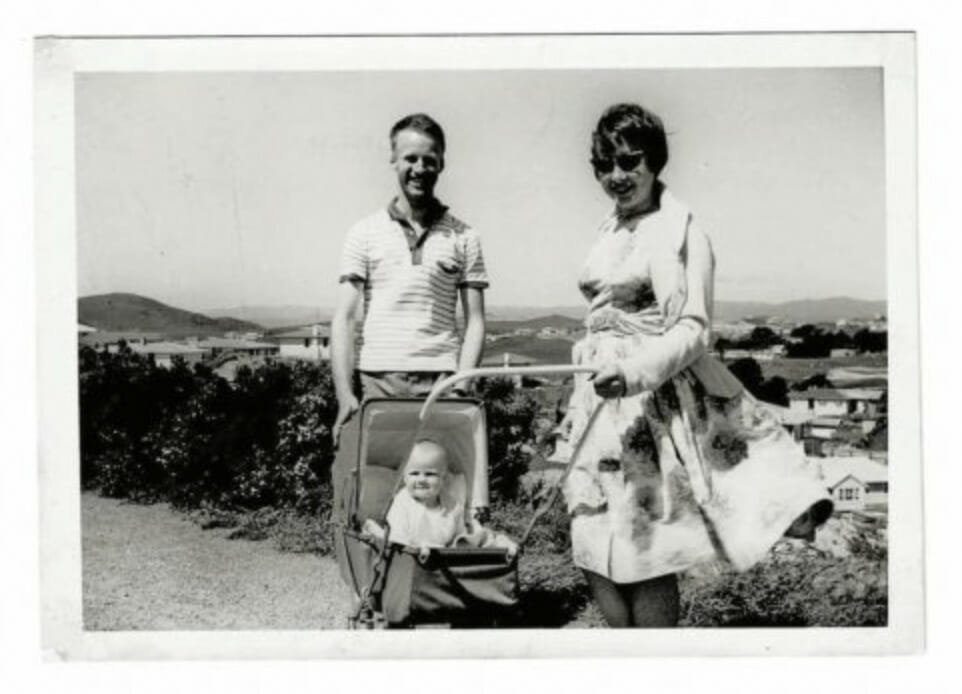
Theresa was the oldest of four daughters; a born leader, her family nickname was “chief girl”.
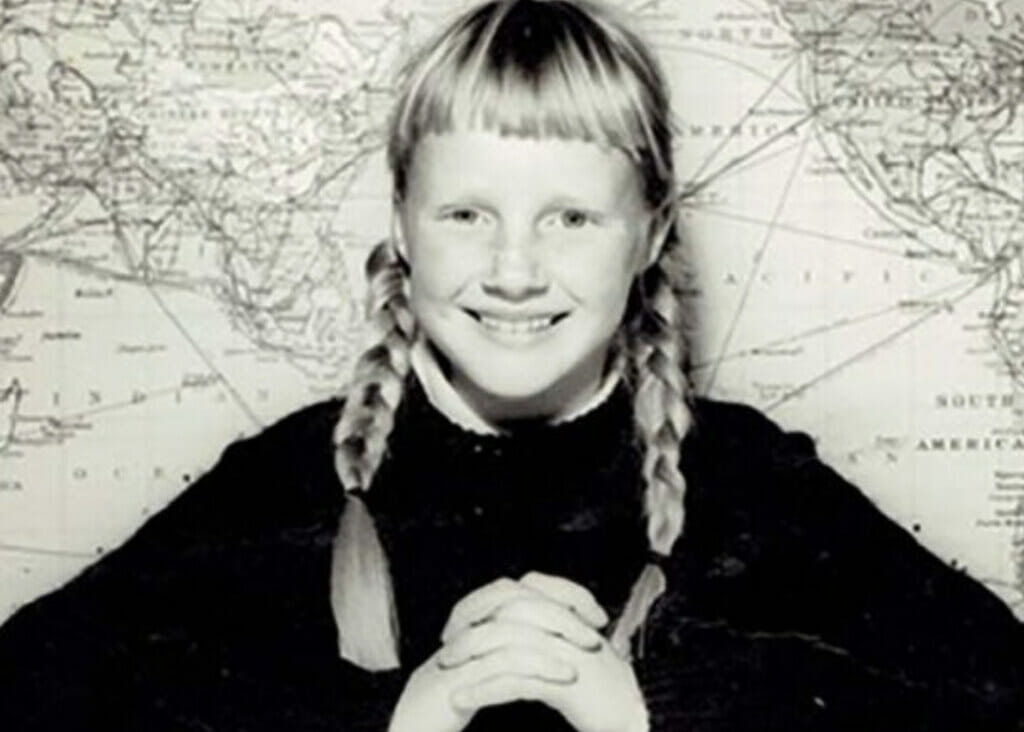
“I’ve always been bossy,” she says with a delighted laugh. “I don’t mind owning that – we’ve reclaimed the word bossy, I think. But it’s true, I do feel as though I was born to strive to change whatever I’m part of to be better.”
When asked what she likes about being a leader, she says, “I like the responsibility and I like the creativity. I like interfacing with people, because I’m an extrovert, and I like thinking up things for the people around me to do!”
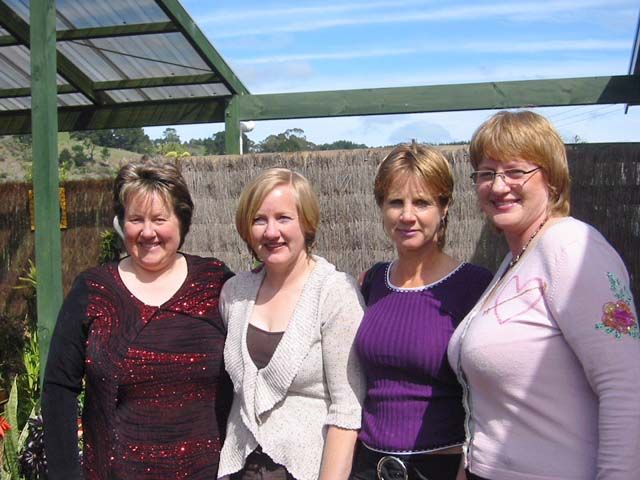
Her parents were grafters – John was a draftsperson who worked as a council planner before building commercial property and renting it out. Marion, now 80, was a talented seamstress and ran her own business, too.
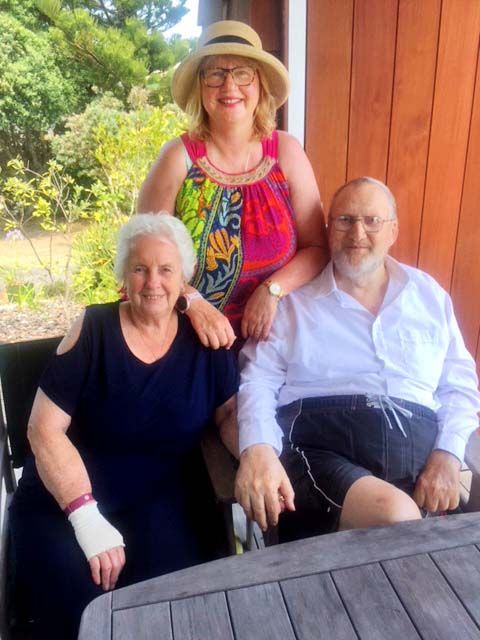
Theresa’s enterprising parents were the first to plant the business seed in a young Theresa’s mind. After leaving school – where the Catholic nuns were her first role models, “both in female leadership and service” – she studied business at Waikato University (an unusual move for a girl in the ’80s) and then law at Victoria University in Wellington. Determined to stand out from the crowd, she wore a power suit to lectures.
“It’s true! It’s absolutely true,” she says, again shrieking with laughter.
Theresa credits her father as being the first feminist in her life.
“My dad had five sisters and no brothers, and then he became a father to four girls, so he was absolutely surrounded by women.
“He encouraged all of us to be able to financially support ourselves. He used to say, ‘You can’t rely on the state, you can’t rely on a man – they could die or leave you,’ and that was the conversation I grew up with.”
She might be a feminist, but she’s by no means a man-hater. “There have been many men in my life who’ve been like my father. In fact, I try to only associate with men who seek talent in a whole human person and not make distinctions around gender or anything else – but the first one of those was my father.”
He was “beyond proud” when Theresa burst through the glass ceiling as CEO of Telecom back in 1999, and indeed, it was a golden moment for women in leadership generally. Helen Clark was prime minister, Dame Silvia Cartwright was governor-general, Sian Elias chief justice and Jenny Shipley the leader of the opposition.
But it would be another 20 years before the roles were again all held by women. “It meant that if you were born after Helen Clark was PM, you’ve had very little visibility of women in these top roles until now.”
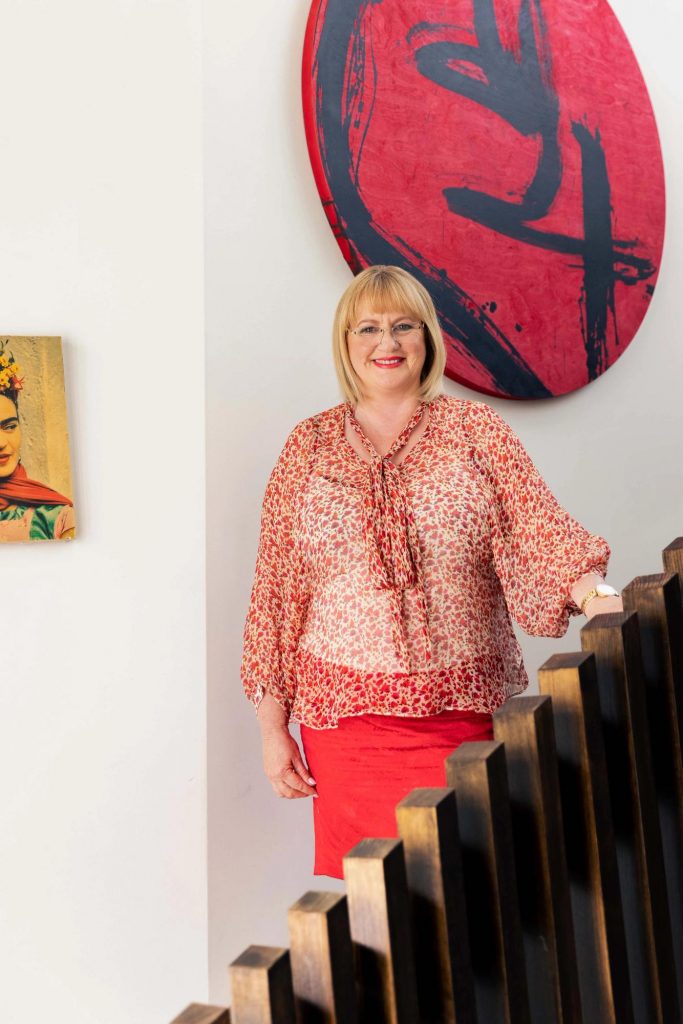
However, things have improved on some fronts – women at the top are now freer to be themselves, rather than feeling they have to act like men to get ahead, she says. A generation has made it possible for Jacinda Ardern’s leadership style.
“I really don’t think when Helen Clark was PM that you could be that overtly caring and for that to be OK, let alone celebrated. I don’t think 20 or 30 years ago that would be accepted as it is now.”
Theresa quickly notes she always refused to “watch her behaviour” when climbing the corporate ladder.
“I have always been bolshy,” she admits. “But it’s still true for women in leadership – there is a narrower range of acceptable behaviours. If you’re too soft, it’s seen as a problem; if you’re too ballsy, that’s not acceptable, either.”
It’s still true for women in leadership… if you’re too soft, it’s seen as a problem; if you’re too ballsy, that’s not acceptable, either
She says it’s essential women are given more leadership positions, so that different styles become more visible.
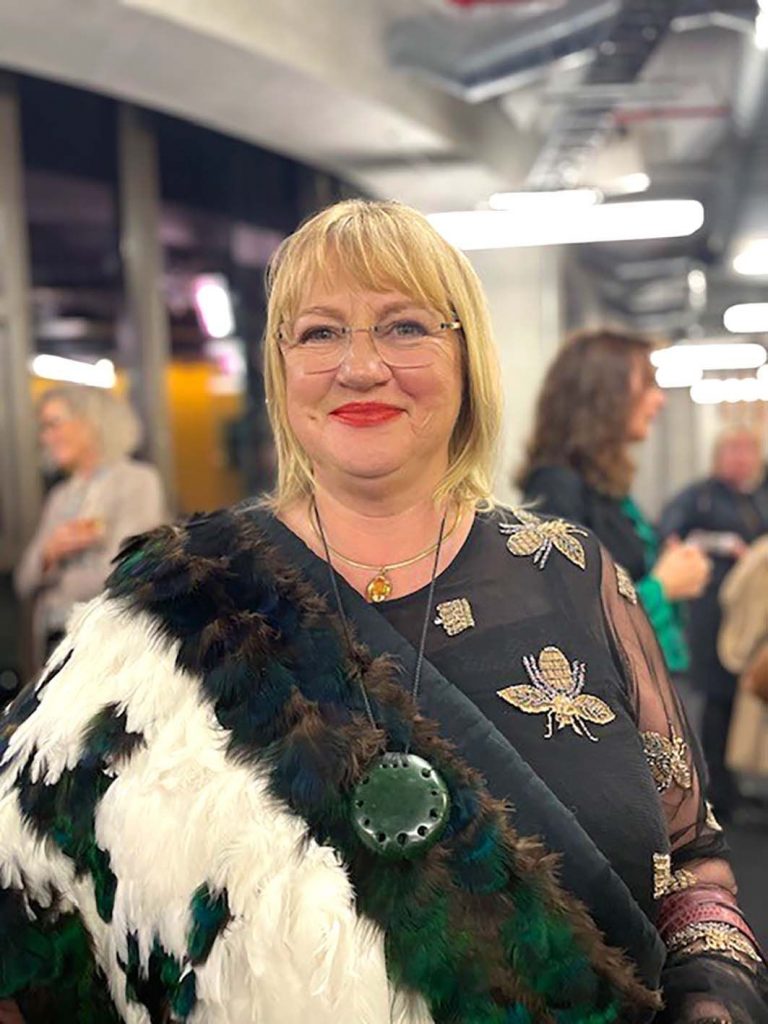
Theresa divides her time now between Auckland and Waihi Beach, where she’s in the midst of building her “dream home” on a section she’s owned for more than 30 years, and yes, there is a pool on the plans. She loves getting down to the place she calls her tūrangawaewae to see her mum, swim in the sea, walk on the beach and reset.
“My parents were together 60 years so it’s been a big change now Dad’s not here,” she says. “But Mum’s making the best of her life now. She loves the garden, loves playing cards, loves her family.”
While she recently stepped down as chair of My Food Bag, Theresa is now involved as chair of online GP service Tend, seasoned entrepreneurs Cecilia and James Robinson’s latest venture. Her Global Women and SheEO work keeps her busy, and now the exciting collaboration with the University of Auckland. She happily admits it’s a hard job slowing her ever-whirring mind.
“I suppose I do have a busy brain,” she says. “I like to think big, and I love big ideas, although they have to be actionable. But that constant thinking can be a strength and a weakness,” says Theresa, recalling the time she was struck down with a mystery illness in 2018. “That year, when my body was very unwell and I hardly left my bedroom, I would still lie in bed thinking of things that could be done, that could be achieved, that would be good to do… even though I couldn’t do them at the time, my brain was still busy. It does get exhausting at times.”
Theresa has since spoken out about burnout and the importance of finding a balance in life. She insists her world now is far less stressful and she’s grateful to be in a position where she’s “essentially a volunteer” in everything she does. As well as her swimming, she makes time for weekly Pilates, and is hoping to reprise the te reo Māori lessons that fell away during lockdown.
There was a time in her life when she enjoyed the corporate argy-bargy, but that’s long gone, she says. “I think the universe has changed. I surround myself now with people I love and care about and respect, so we don’t need to play games. But also, I think the wairua of this country is different to that now. It’s much more about belonging.”

